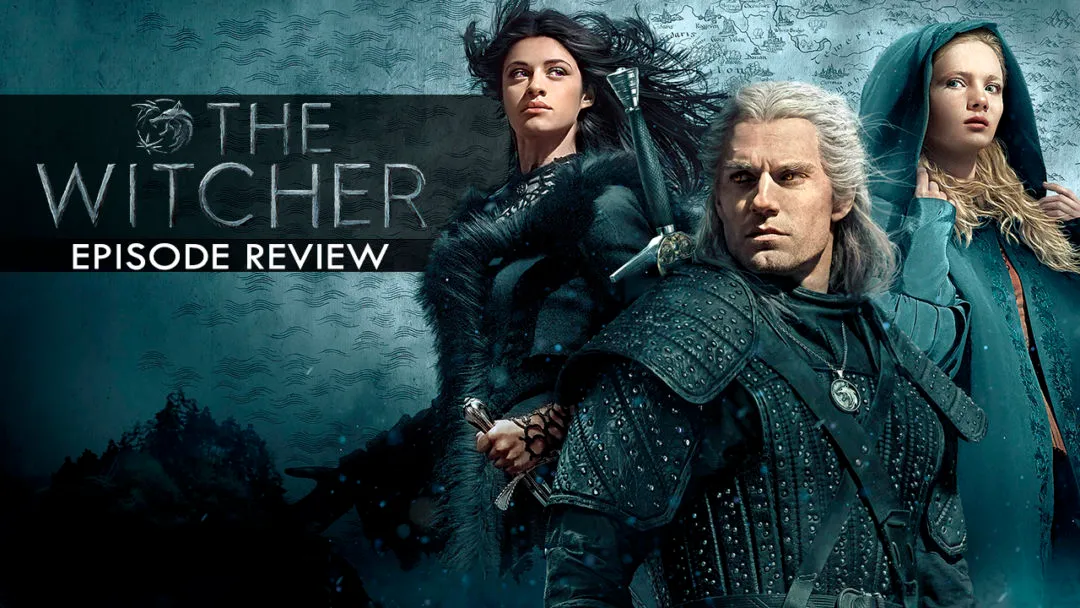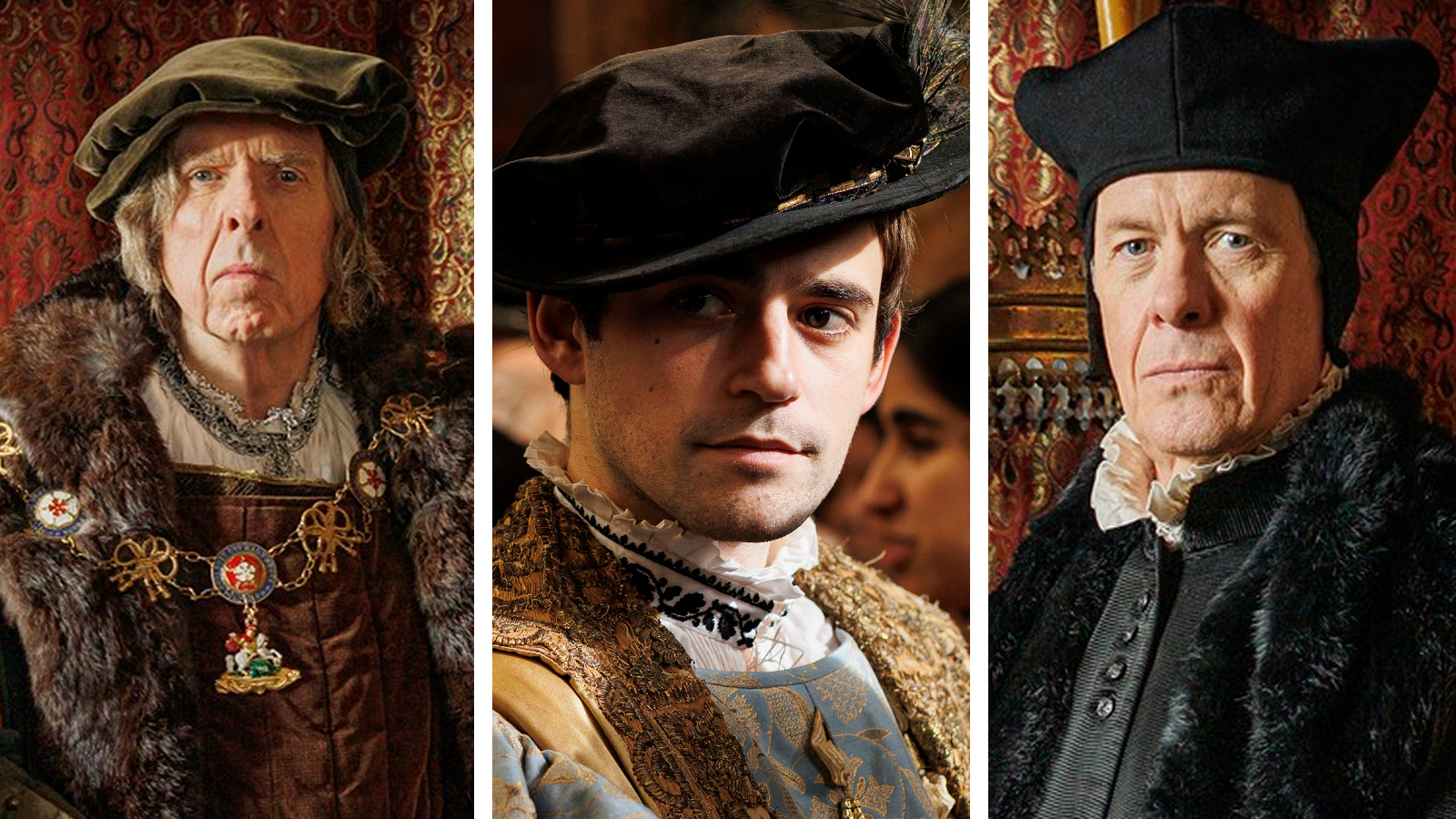This review contains spoilers for The Witcher, episode 4, “Of Banquets, Bastards and Burials.”
Up until this point I would say that The Witcher has been relatively easy to follow overall, despite all three characters’ plots taking place across different time periods. Most of the events of each plot are so far removed from each other that the skewed timeline hasn’t mattered all that much. That is, until “Of Banquets, Bastards and Burials.”
In theory, the three individual stories told in this episode are fine, like in previous episodes. But Ciri’s (Freya Allan) story continues to feel absolutely worthless. And Geralt (Henry Cavill) and Yennefer (Anya Chalotra) are involved in plots that tease excitement, but most of the fun drains away the more the episode goes on. It’s a combination of the episode being too long, replacing worthwhile content with pointless sequences that didn’t need to be as long as they were, and inserting lore clumsily.
Yes, it’s time to talk about the Law of Surprise.
Geralt is conscripted by Jaskier (Joey Batey), the bard from episode 2, to come with him to the betrothal feast of Princess Pavetta (Gaia Mondadori making her television debut), daughter of Queen Calanthe (Jodhi May) — aka Ciri’s mother. While there, a knight named Lord Urcheon (Bart Edwards from State of Happiness) interrupts the proceedings and invokes what’s known as the Law of Surprise to take her hand in marriage. However, outside of a passing line here and there, there’s no specific definition of what the Law of Surprise is.
I’ve been fairly lenient so far with The Witcher’s world-building and how it’s slowly introducing viewers to concepts that aren’t easy to explain. We’ve slowly learned about the history and treatment of witchers for the past four episodes, we’ve spent an entire episode learning about the chaotic nature of magic, and we’ve seen the brutality of Nilfgaard as a country as they slaughtered all of Cintra. But I have to put my foot down with the Law of Surprise.

Nearly every character is familiar with the concept, so there’s no need to explain it to anyone in attendance. It makes sense from a metatextual perspective why there’s no need to discuss it, but because of that, it completely alienates the audience. Newcomers need some introduction to it, and if by the episode’s end that concept has not been explained well, that’s a failure of the show. I shouldn’t have to consult a wiki or google “What is the Law of Surprise?” in order to fully understand and enjoy a show. In fact, if you type in “Law” on Google, it will autofill it with “of Surprise.” Funny? Yes. Problematic? Also yes.
Because of this, I felt like I was kept at a distance from Geralt’s plot — one which he barely involved himself in. He was forced to be there, took no pleasure in being there, and wanted to leave as quickly as possible. He just supported the wall during the feast, occasionally spoke when he was asked to, and only acted when he was morally obligated to, like when Calanthe ordered her men to kill the knight believing him to be a monster rather than a cursed man.
It’s strange talking about Calanthe because while she is an interesting character, a proactive queen who joins her soldiers on the battlefield, and doesn’t take no for an answer, she’s also dead. We saw her commit suicide in the premiere. A whole host of confusing issues start to arise from this messy deployment of timelines.
“What time is it?” is a question that shouldn’t be too hard to answer. Cinema and television have their own unique language, and through shot composition, dialogue, makeup, and special effects, we as an audience are able to tell exactly how much time passes between a scene. The Witcher disregards that and is now haphazardly throwing different stories in different time periods and expecting the audience to just follow along with it, ignoring the ramifications that such actions have.

Decades have passed in-between Yennefer’s actions last episode and in “Of Banquets, Bastards and Burials” with only a throwaway line to explain it. Princess Pavetta is revealed to be pregnant at the end of the episode, only for us to cut to Ciri continuing to wander the forest. Seeds are established that would pay off later on in different series, but those seeds have already paid off in The Witcher. Mousesack (Adam Levy from Supergirl) meets with Geralt and decides to stay in Cintra to train Pavetta’s daughter-to-be, but it wasn’t until the show smash cut that scene with a man being thrown onto the ground by the Nilfgaardians that I made the connection that these two were meant to be the same character.
From the research I’ve done regarding the novels, this was one of the more accurate retellings of the short stories, which begs the question of why it failed to be engaging. The only answer I can come up with is the show’s structure, where decades will pass in-between scenes, major events have already occurred that shouldn’t have occurred, and the audience is spoiled on the fate of several characters without any delicacy. Geralt’s plot feels redundant. And while Yennefer’s escape from an assassin is more thrilling by comparison, it loses its impact due to its questionable positioning in the show’s timeline. So I have to ask once again: What time is it? Furthermore, should I care what time it is?
Briefly looking ahead, it seems that the next few episodes will actually have our main characters slowly come together, which should finally help to deliver some well-deserved payoff. “Of Banquets, Bastards and Burials” had the potential to be a wonderful episode, but the show is sabotaging itself because of its structure, wonky timescale, and mishandled world-building.














Published: Dec 29, 2019 4:00 PM UTC